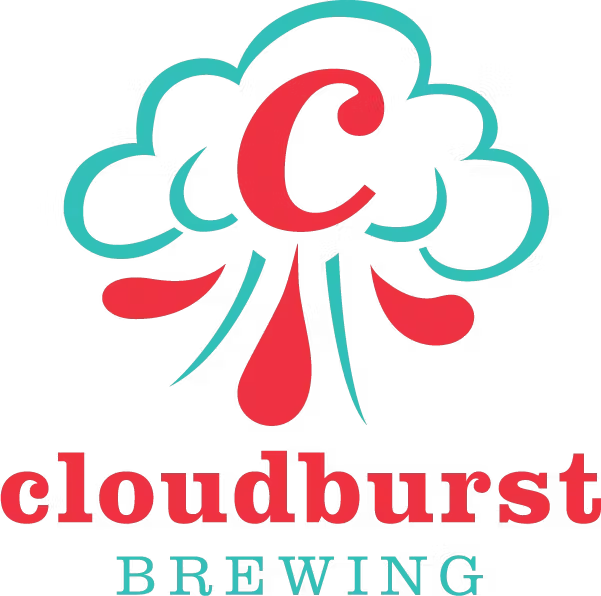How the World’s Biggest Brewer Killed the Craft Beer Buzz
Is the party over for indie suds?
Steve Luke had plenty to smile about. Cloudburst Brewing, the tiny craft brewery he founded two years earlier in Seattle, had just won a bronze medal at the 2018 Great American Beer Festival in Denver. It was recognition on craft beer’s biggest stage — basically the Oscars of beer — but Luke, a lanky brewing virtuoso with a shoulder-length mane and a righteous beard, wasn’t content to bask. As the cameras clicked, he unbuttoned his plaid shirt to reveal another shirt beneath it that read in big, red block letters, “FUCK A-B INBEV.”
There was a quick chuckle in the crowd. Luke left the stage, and the ceremony rolled on.
In one sense, this was nothing new. A generation of independent brewers built craft beer partly by vilifying Anheuser-Busch InBev (ABI), the world’s biggest beer company, formed in 2008 when the Belgian-Brazilian juggernaut InBev purchased St. Louis’ Anheuser-Busch for $52 billion. It was good for business, a form of commercialized dissent. People could stick it to The Man — those soulless and tasteless swill-peddlers — just by drinking beer they liked. Drinkers and brewers alike started using words like “movement,” “renaissance,” “rebellion,” and “revolution” to describe America’s craft brewing culture. Quality and experimentation skyrocketed like never before. Microbreweries appeared in every state in America.
Today, there are 7,000 small, independent breweries in the country — the most since pre-Prohibition days — and craft beer is available on airplanes, in ballparks, and everywhere in between. And you might think, based on that, that this democratic uprising has given way to a new world order; that the people have spoken; that Small Beer has won.
You would be wrong.
For the past decade, Big Beer has been systematically buying up the craft breweries they couldn’t beat, and ABI has bought the most — 10 in all that were snapped up in a six-year shopping spree that touched virtually every major beer market in the country. A few months before Luke and his shirt arrived in Denver, sales among ABI’s acquired craft breweries eclipsed those of the country’s largest independents. Based on the industry’s benchmark retail sales metric, the world’s biggest beer company, long the Goliath to craft brewers’ David, had become the world’s biggest craft beer company as well.
The transformation comes at a pivotal moment for the $26 billion U.S. craft beer market. Growth is slowing, people are drinking less, and wine and spirits are gaining market share. With its unprecedented prominence in a category formed to oppose it, ABI is hastening American drinkers into a “post-craft” future in which macrobrewers make award-winning microbrews, drinkers don’t care who owns their breweries, and, amid the ruins, the once-ruthless ABI stands as the great unifier. It’s an ambitious vision for craft beer’s future that threatens to smother the revolutionary spirit that gave us craft beer in the first place — not to mention the revolutionaries themselves. If ABI can continue to consolidate its hold on the segment, Diana Moss of the American Antitrust Institute told me, “I fear for the craft brewers of America.”
Continue Reading
